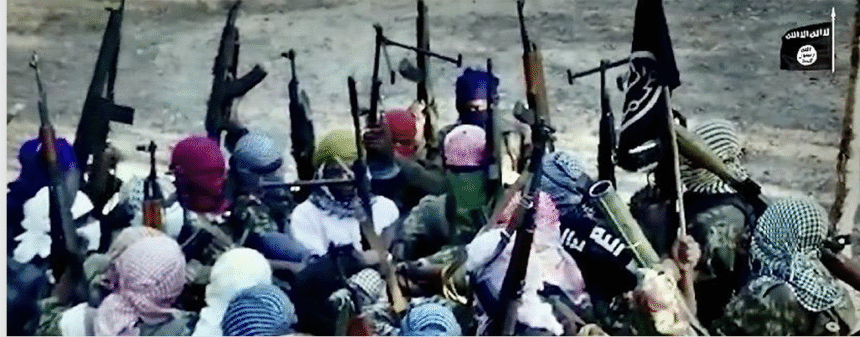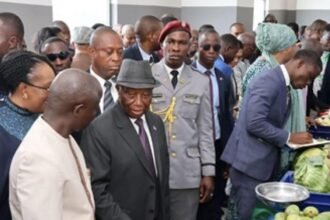By Mohamed Ghani
Maputo, Mozambique – A surge of attacks in northern Mozambique this month, attributed to Islamic State-linked militants, is raising concerns as energy giant Total Energies edges closer to relaunching its multi-billion-dollar liquefied natural gas (LNG) project. The attacks, which include assaults on military installations, wildlife reserves, and even a thwarted attempt on a Russian oceanographic vessel, highlight a worrying resurgence of instability in the gas-rich Cabo Delgado province.
The region has been plagued by jihadist violence for years, with militants brazenly declaring their intention in 2020 to establish a caliphate. Total Energies halted its LNG project in 2021 following a surge of bloody raids that displaced over a million people. While recent elections temporarily overshadowed the insurgency, the past month has witnessed a marked increase in militant activity.
In May alone, insurgents reportedly attacked two military installations, claiming responsibility for the deaths of dozens of soldiers. While the Mozambican security forces have remained silent on the issue, a security expert confirmed the first attack and reported a higher casualty count. Further adding to the alarm was a raid on a wildlife reserve in the neighboring Niassa province, resulting in the deaths of at least two rangers, and an ambush in Cabo Delgado that claimed the lives of three Rwandan soldiers.
Analysts believe the timing of the attacks is directly linked to the impending restart of the Total Energies project. “Clearly there is a cause and effect because some actions correspond exactly to important announcements in the gas area,” stated Fernando Lima, a researcher with the Cabo Ligado conflict observatory, referencing the recent $4.7 billion funding approval by the US Export-Import Bank. Jean-Marc Balencie of Attika Analysis echoed this sentiment, noting increased activity in the region and the presence of project personnel, which serves as an incentive for attacks.
Data from conflict tracker ACLED confirms a significant uptick in violence, recording at least 80 attacks in the first four months of the year. While the end of the rainy season has facilitated movement, analysts argue the core motivation lies in disrupting the gas project and asserting the militant group’s presence.
Despite the escalating violence, Total Energies CEO Patrick Pouyanne maintained last week that the security situation had “greatly improved,” acknowledging only “sporadic incidents.” However, the memories of the 2021 attack on Palma, which brought the project to a halt and resulted in hundreds of casualties, remain fresh.
Rwandan forces, numbering around 5,000, have been deployed alongside the Mozambican military to combat the insurgency. However, a Mozambican military officer, speaking anonymously, suggested that the concentration of forces in Cabo Delgado allows insurgents to easily operate in Niassa province.
The attacks are not only targeting infrastructure and security forces, but also civilians. Reports of decapitations and violence against local communities often go unreported due to the remoteness of the region and official silence. The United Nations High Commissioner for Refugees (UNHCR) reported last week that “more than 25,000 people have been displaced in Mozambique within a few weeks,” adding to the already staggering 1.3 million displaced since the conflict began in 2017.
“The renewed intensity of the conflict affects regions previously considered rather stable,” stated UNHCR’s Mozambique representative Xavier Creach.
The ongoing violence in northern Mozambique underscores the complex security challenges facing the region and raises serious questions about the long-term viability of the gas project. With over 6,000 people dead since the conflict erupted, the humanitarian crisis continues to deepen, leaving thousands displaced and vulnerable. The resurgence of jihadist attacks poses a significant threat to stability and development in Mozambique, demanding urgent and coordinated action to address the root causes of the conflict and protect civilian populations.









